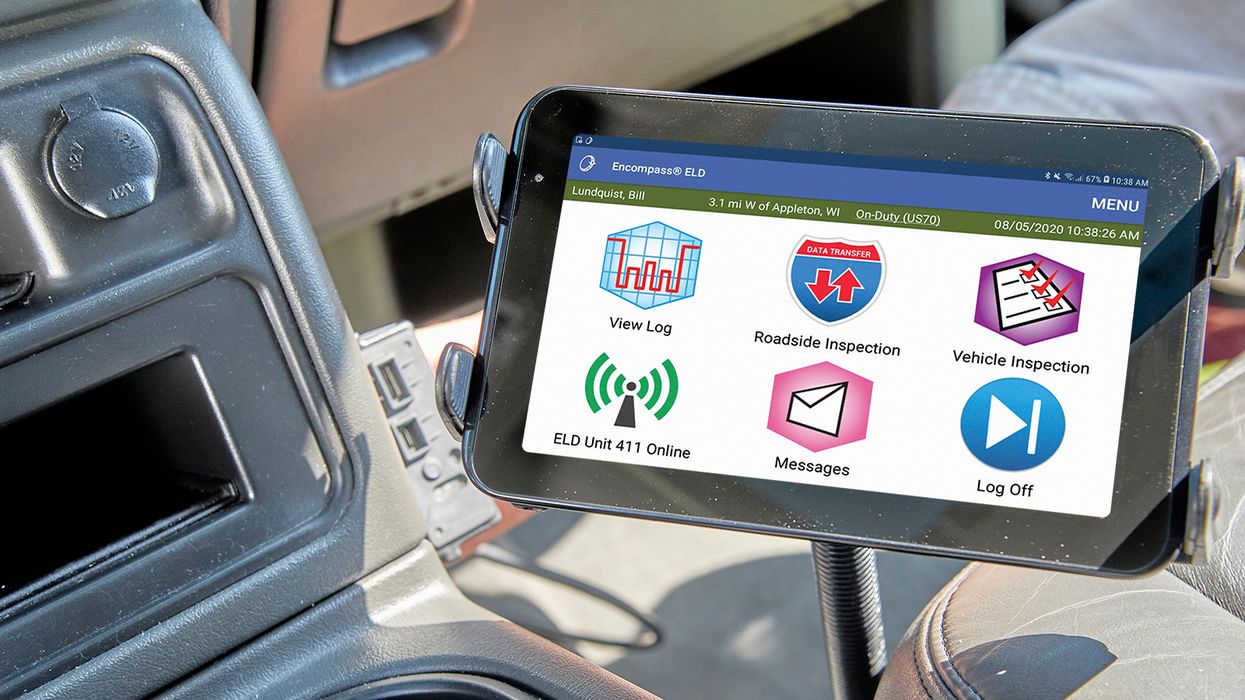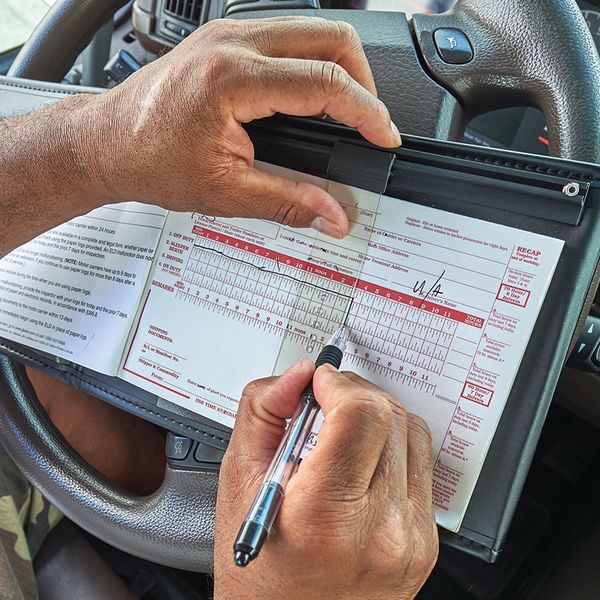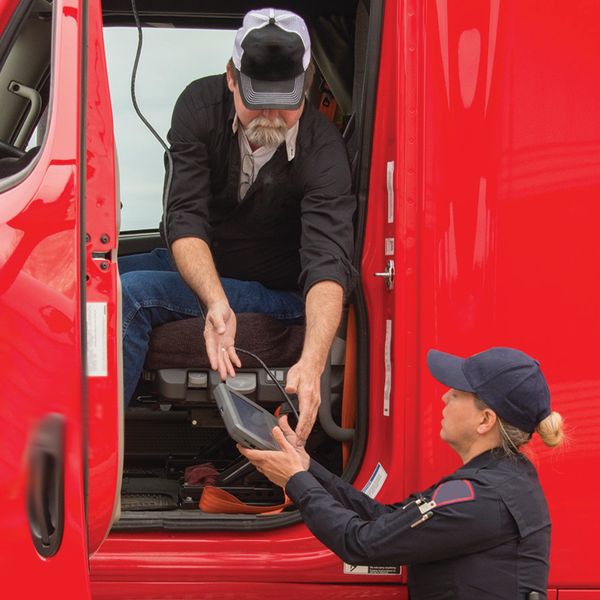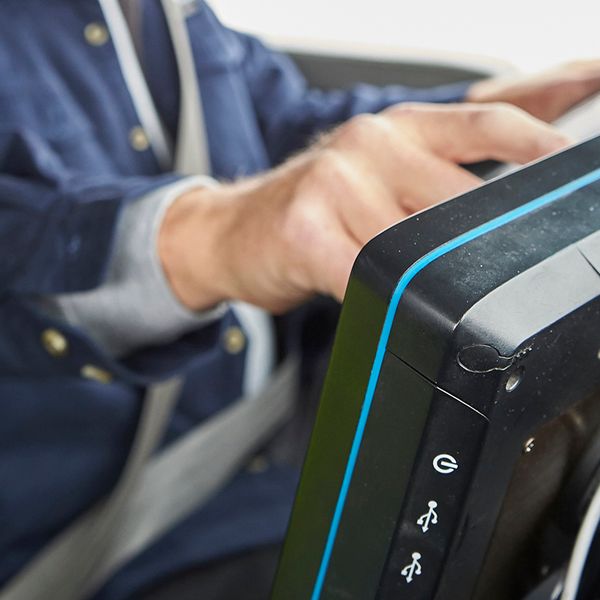The five most-used ELD exemptions explained
The Federal Motor Carrier Safety Administration (FMCSA) recently released an Advanced Notice of Proposed Rulemaking (ANPRM) related to updating the electronic logging device (ELD) regulations.
The ANPRM does not discuss major changes to the exemptions. However, if the technical standards and related regulations change, more carriers may become interested in using the exemptions. This has suddenly led to renewed interest in the exemptions. Below are the common exemptions that allow a driver to use a record of duty status other than an ELD.
1) Drivers that only log occasionally
Drivers that logged eight days or fewer out of the last 30 are allowed to use a paper log on the days they must log. This would include short-haul drivers that normally use time records (see 395.1(e)) and intermittent drivers that only occasionally log. However, once the driver has had to complete a log nine days out of the last 30, the driver must be using an ELD.
2) Certain driveaway/towaway drivers
Driveaway drivers operating a vehicle that is part of the shipment being delivered are allowed to use a paper log in place of an ELD. Also, drivers involved in towaway transportation that are towing a recreational vehicle with at least one axle on the ground are allowed to use this exemption.
3) Older than 2000
Drivers driving a vehicle older than model year 2000 are allowed to use paper logs rather than an ELD. The decision on if the vehicle is older than model year 2000 is based on either the vehicle identification number (VIN) as it appears on the registration or the engine serial number. These three exemptions are in 395.8(a).
4) Rental vehicles
Drivers of vehicles rented under the terms of a rental agreement that is eight days or less in duration are allowed to use paper logs, rather than ELDs. However, the rental agreement must be in the vehicle, and it must show the terms of the rental is eight days or less. Also, if the vehicle is turned in at the end of the eight-day period and immediately rented again, the exemption cannot be applied.
5) Special drivers
There are small groups of specialized drivers that have been granted exemptions. Examples of these include drivers transporting livestock and drivers employed to transport passengers and property to and from motion picture, theatrical, or television production sites.
These last two exemptions and other special exemptions were created through Federal Register notices. If you wish to use an exemption that was created by a Federal Register notice, it is important that you read the notice, verify that it applies to your drivers, and follow the requirements in the exemption.
Key to remember: While there are changes coming to the ELD requirements, they are not likely to include changes to the applicability of ELDs and exemptions to the applicability.























































